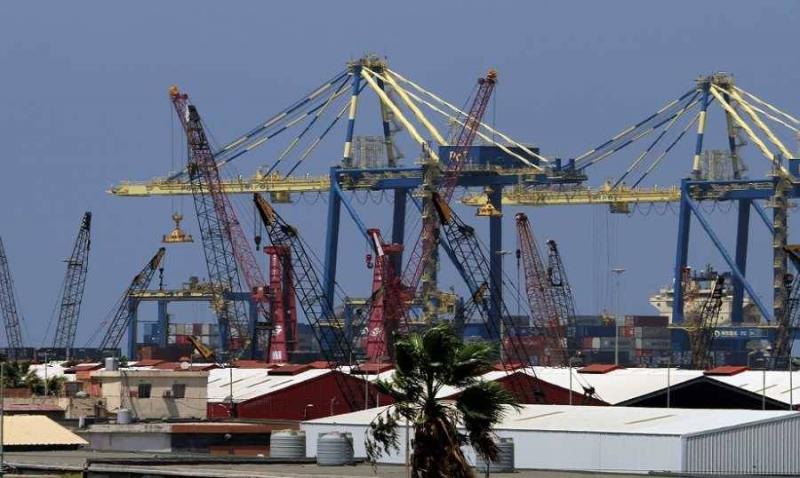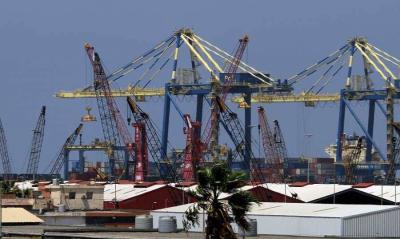The Port of Tripoli is experiencing numerous scandals. Sources confirm that smuggling is active, and several traders have complained about competitive goods being sold in the Lebanese markets without invoices and at prices lower than cost. It later became clear that these goods entered through the Port of Tripoli without paying customs duties, as reported by MTV. This smuggling may be intentional, but there could be other underlying reasons.
The Port of Tripoli gained significant importance, especially after the Beirut Port explosion, leading several companies to adopt it as the second most important port in Lebanon. Some of these companies remained in Tripoli even after the rehabilitation of the Port of Beirut. However, the Higher Customs Council refrains from issuing transfers for customs inspectors, of which there should be five according to the law, a number that is no longer sufficient given the active movement at the port.
The surprising fact is that the port is operating with only two inspectors, one of whom has been absent for two weeks due to a leg fracture and will continue to be absent for another two weeks. The second inspector has been prosecuted by the Financial Prosecutor Judge Ali Ibrahim for wasting public money and neglecting official duties, based on articles 363 and 373 of the Penal Code, and has been referred to the first investigating judge in the north, Samirinda Nassar.
The reason for this prosecution stemmed from an inspection conducted by a monitor named Sh. A. on goods considered compliant, only to discover after repeated inspections by a security body a difference in tariff charges in a single declaration amounting to 80,000 USD. Notably, the number of declarations issued at the Port of Tripoli since the beginning of this year has reached approximately 5,000.
Thus, the Port of Tripoli is effectively functioning with one inspector, which has prompted the customs director of Tripoli, Pascal Elia, to repeatedly correspond with the Higher Customs Council about the necessity of transferring inspectors, without receiving any response. Furthermore, the General Director of the port, Ahmed Tamer, who also serves as the General Director of Land and Maritime Transport, is not pressing this matter, essentially monitoring himself.
An informed source indicates that the reluctance to transfer inspectors is due to a political decision to maintain the Port of Tripoli as a haven for smugglers. The crisis does not stop here; it has taken on another dimension in recent days, as the accused inspector has begun to intentionally conduct slow inspections of the goods, claiming he does not want to make any new mistakes, thus issuing no more than six declarations per day. This has led to a backlog of goods at the port, some of which are intended for the Eid al-Adha holiday, which will result in significant losses for the importers.
Thus, the situation cannot remain as it is, as the customs administration's refusal to transfer additional inspectors to facilitate work and curb smuggling at the Port of Tripoli makes them complicit in intentionally maintaining the status quo. Operating a primary port with only one inspector is a scandal... if not a crime, according to MTV.




